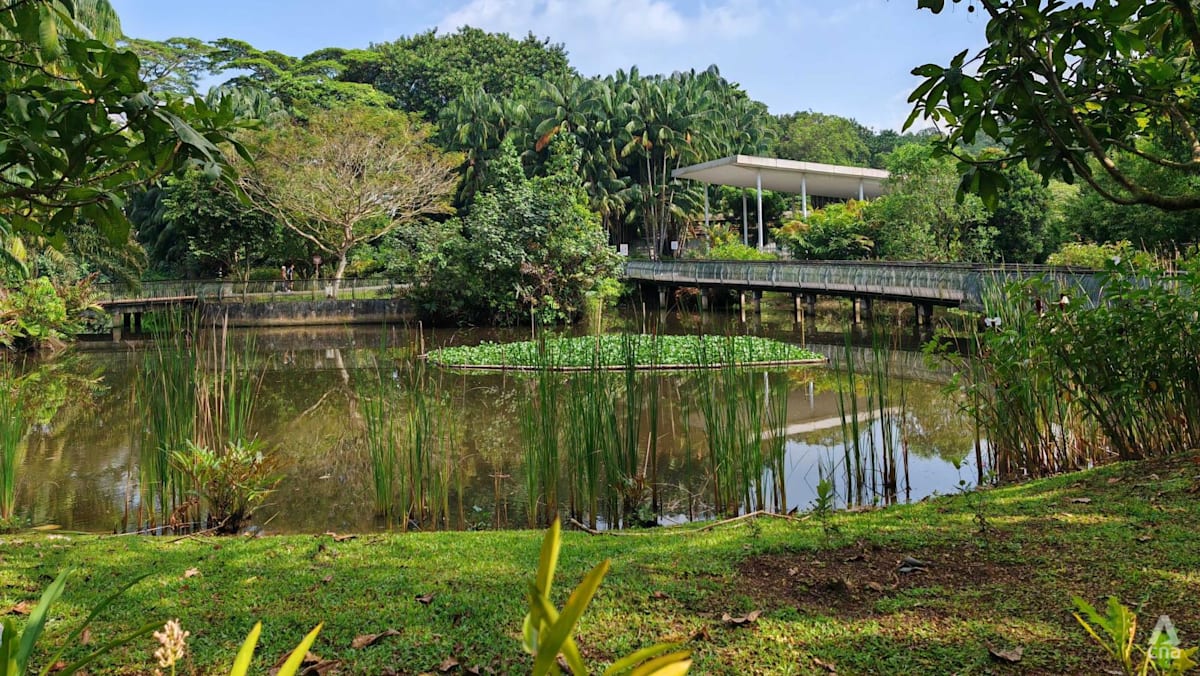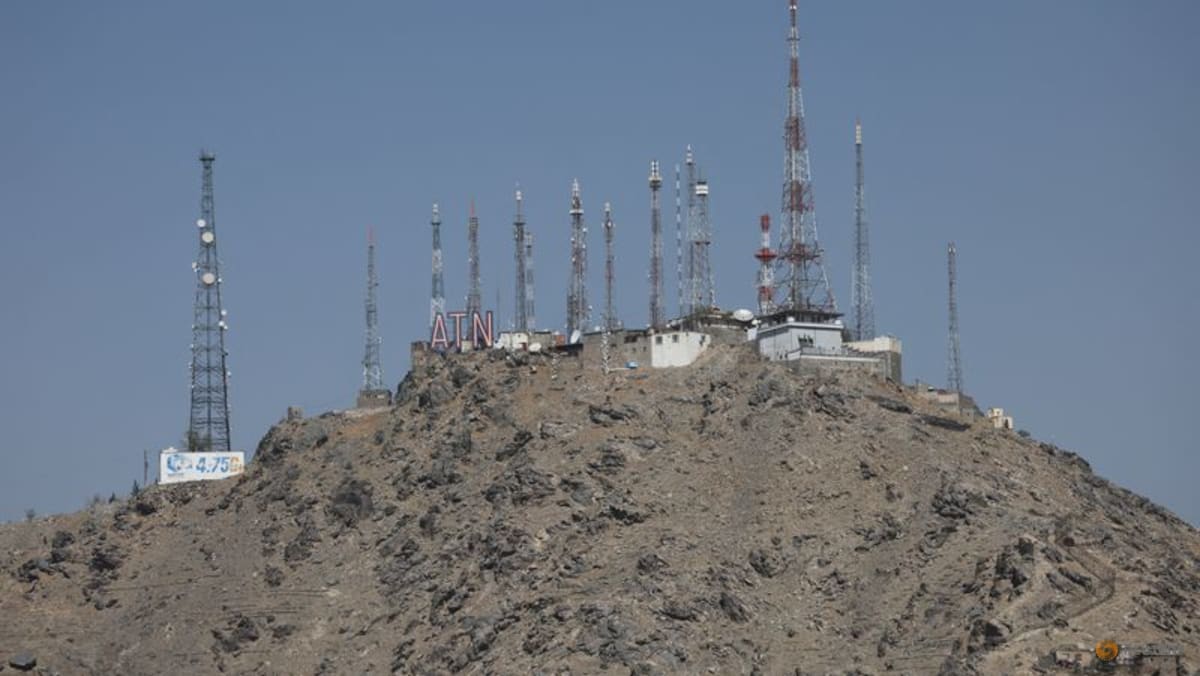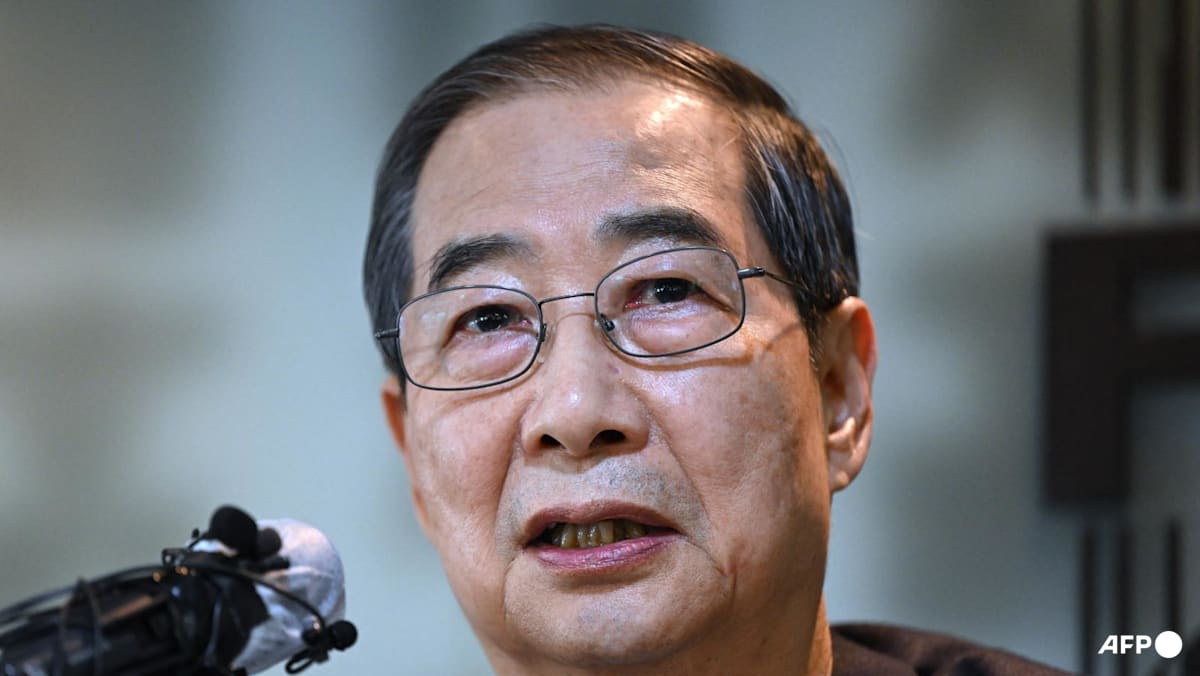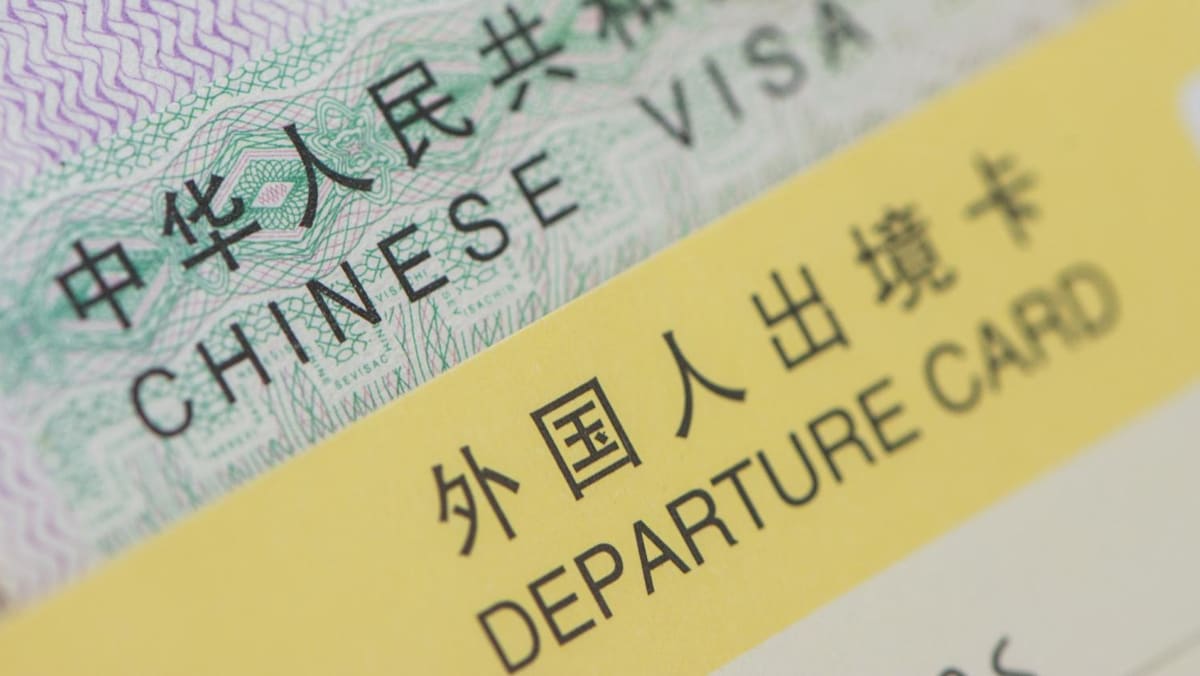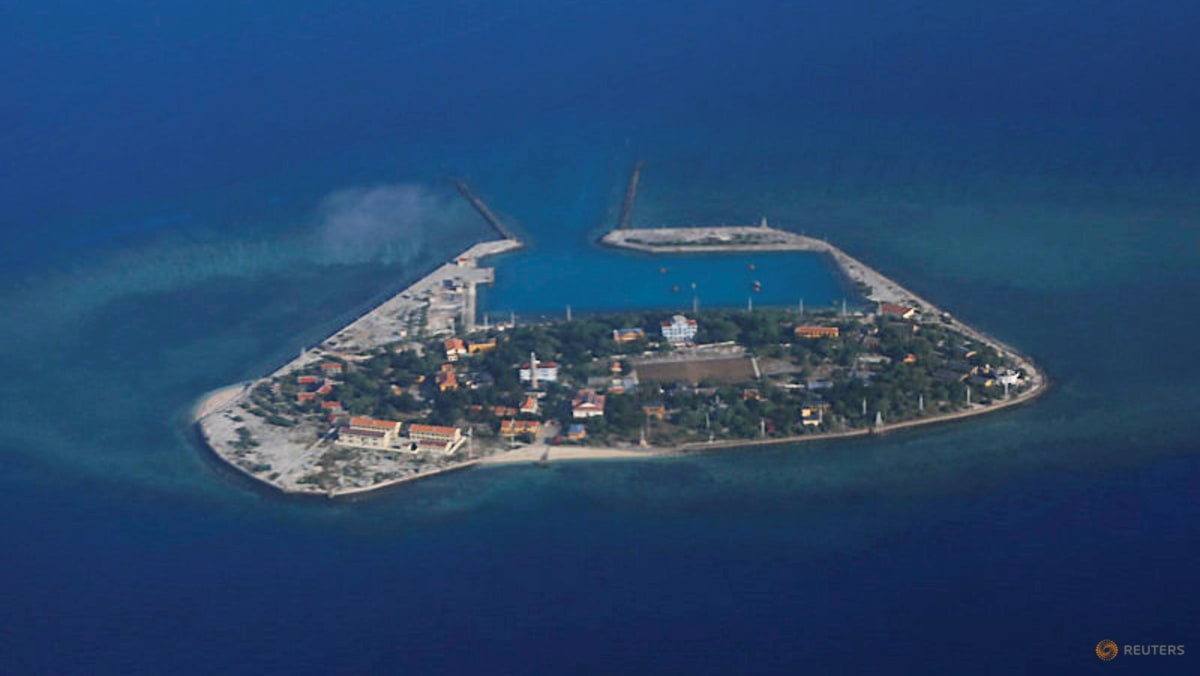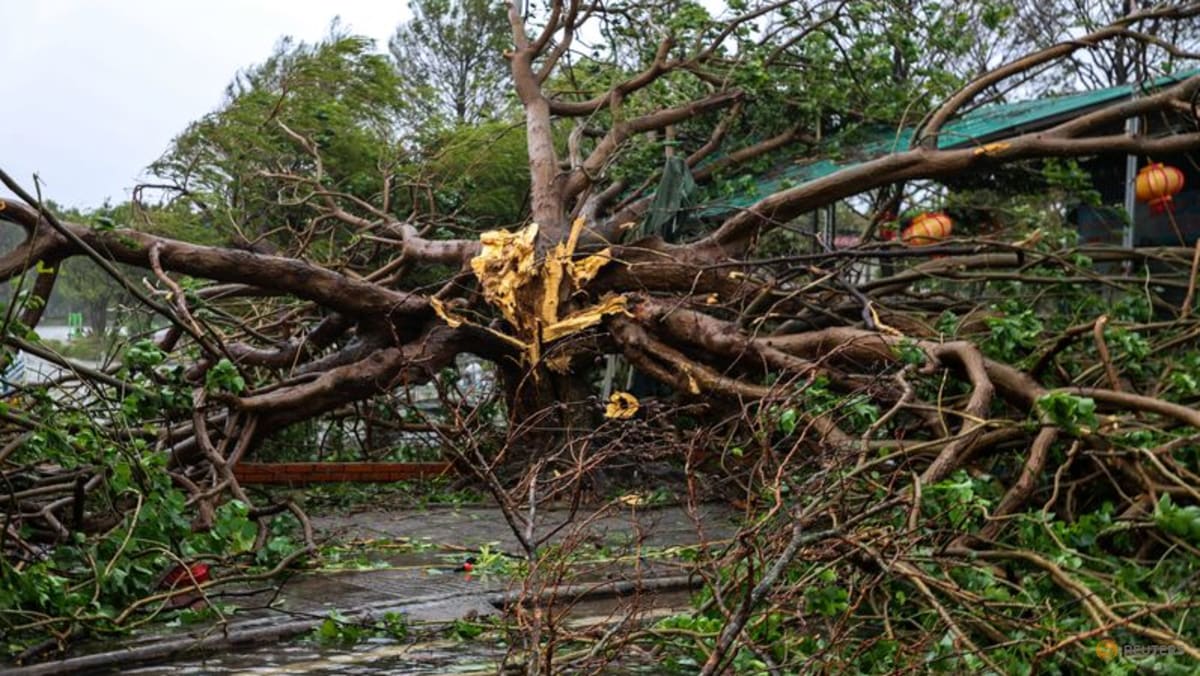RADIO COMMUNICATIONS
Minutes before the shutdown on Monday evening, a government official warned AFP that the fibre optic network would be cut, impacting mobile phone services, “until further notice”.
“There isn’t any other way or system to communicate … the banking sector, customs, everything across the country will be affected,” said the official, who asked not to be named.
Telephone services are often routed over the internet, sharing the same fibre optic lines, especially in countries with limited telecoms infrastructure.
The telecommunications ministry refused to let journalists enter the building in Kabul on Tuesday.
A UN source said Tuesday that “operations are severely impacted, falling back to radio communications and limited satellite links”.
AFP journalists witnessed Taliban security forces using radios to communicate with each other at public buildings such as the airport and post office.
Over the past weeks, internet connections have been extremely slow or intermittent.
On Sep 16, when the first internet services were cut in northern provinces, Balkh provincial spokesman Attaullah Zaid said the ban had been ordered by the Taliban’s leader.
“This measure was taken to prevent vice, and alternative options will be put in place across the country to meet connectivity needs,” he wrote on social media.
“Recent studies in Afghanistan found that internet applications have badly affected the ongoing, economic, cultural and religious foundations of society,” he claimed.
The Taliban leader reportedly ignored warnings from some officials this month about the economic fallout of cutting the internet and ordered authorities to press ahead with a nationwide ban.
Netblocks, a watchdog organisation that monitors cybersecurity and internet governance, said the blackout “appears consistent with the intentional disconnection of service”.
On Tuesday, it said connectivity had flatlined below one per cent, with no restoration of service observed.
In 2024, Kabul had touted the 9,350km fibre optic network – largely built by former US-backed governments – as a “priority” to bring the country closer to the rest of the world and lift it out of poverty.


